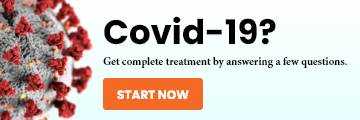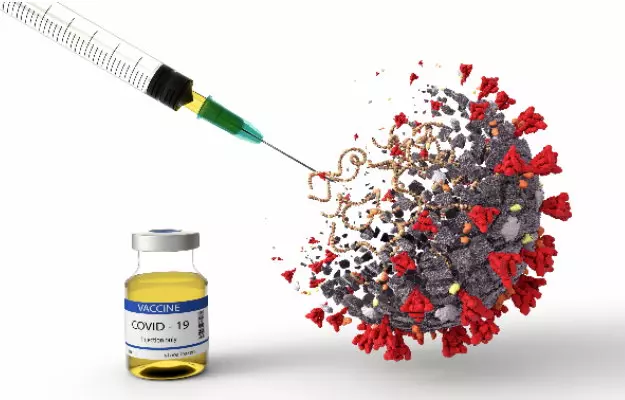On the evening of 20 July 2020, The Lancet published early findings of phase 1/2 human trials of ChAdOx1 nCoV-19—the University of Oxford and AstraZeneca’s vaccine candidate to prevent COVID-19.
ChAdOx1 nCoV-19 is an adenovirus vector vaccine—it uses a harmless virus as a carrier (vector) to deliver a tiny part (nucleic acid) of the SARS-CoV-2 coronavirus into the body. SARS-CoV-2 is the coronavirus that causes COVID-19.
Once this nucleic acid (genetic material) gets inside the human body, it makes a specific spike protein found on the outer covering of SARS-CoV-2. The immune system recognises this protein as foreign. It then mounts a cellular immune response and builds antibodies against this spike protein.
The vaccine makers hope ChAdOx1 nCoV-19 will induce an immune response to this spike protein on SARS-CoV-2 in such a way that it offers immunity for at least six months and may also be used on the elderly and the immunocompromised.
But that is just the wishlist. Here are the top 5 things you should know from the early findings of human trials:
- The vaccine was found to be safe: though some people experienced fever and headache for a short while after receiving the vaccine, there were no serious (or unexpected) side effects of ChAdOx1 nCoV-19 compared with the control vaccine, MenACWY.
Indeed, even these side effects (including pain and tenderness at the injection site) could be managed better with paracetamol (taken within 24 hours) without reducing the efficacy of the vaccine itself. - The dosage—5×10¹⁰ viral particles—produced more neutralising antibodies with a single shot.
- After Day 28, all the recipients of the vaccine had more antibodies against the specific spike proteins that this vaccine targets.
Spike proteins are proteins on the surface of coronaviruses. The virus uses these proteins to gain entry into healthy cells. By attacking these spike proteins, vaccine scientists hope to make it impossible for the virus to enter healthy cells and multiply. - Only 10 people out of the 543 who received ChAdOx1 nCoV-19 (534 got the control vaccine MenACWY) got a booster shot. The booster shot increased neutralising antibodies but did not improve the cellular immune response (involving T-cells).
- The authors of the study pointed out that there is growing evidence that not just antibodies, but T-cells also play an important role in fighting off COVID-19. They added that “ChAdOx1 nCoV-19 vaccination resulted in marked increases in SARS-CoV-2 spike-specific effector T-cell responses as early as day 7, peaking at day 14 and maintained up to day 56... However, a boost in cellular responses was not observed following the second (booster) ChAdOx1 nCoV-19 dose.”
This means that while the first vaccine shot may have the desired effect—of producing neutralising antibodies and strengthening T-cell response—the second shot didn’t have the same effect on cellular immunity (though it did boost the presence of neutralising antibodies).
Read more: Oxford COVID-19 vaccine to begin phase 2 and phase 3 trials
Of course, there are also some limitations to this study. The authors pointed these out, too:
- Short follow-up so far
- A very small number of people got the booster shot
- Difficulty to generalise the findings as the participants in phase 1/2 were mostly young (median age, 35 years), healthy and white. Though the gender distribution was 49.8% female to 50.2% males.
This vaccine is one of three candidates undergoing phase 3 human trials worldwide. In the middle of an ongoing pandemic that has made 14.5 million people sick and claimed 606,922 lives as of 20 July 2020, these vaccine candidates represent hope to millions of people around the world.
Read more: COVID-19 vaccine: candidates and their potential targets















